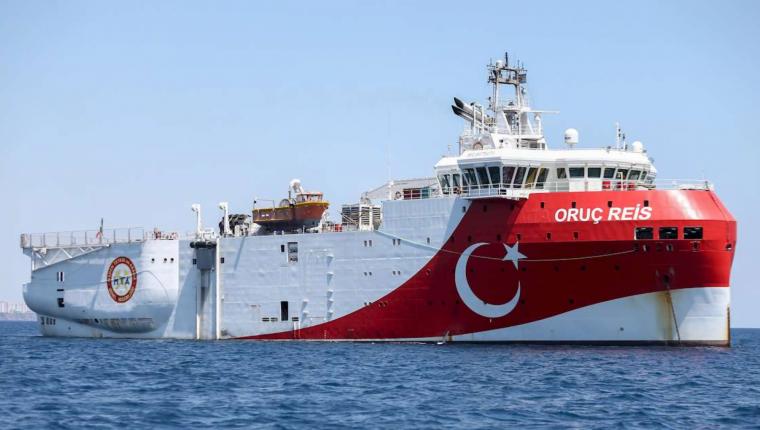
Gürcan, E.C. (2020/2021). A neo-Mahanian reading of Turkey and China’s changing maritime geopolitics. Belt & Road Initiative Quarterly, 2(1), 23-35.

This work is licensed under a
Creative Commons Attribution 4.0 International License.
An eroding perception of maritime peace worldwide and radical questioning of global sea hegemony have emerged as a rapidly growing trend in global politics amidst the demise of Pax Americana and the rise of multipolarity. With US global hegemony in decline, China has developed into a leading actor to reignite international cooperation based on the Belt and Road Initiative (BRI). In this environment, there arises a strong need for a closer reading of the changing character of maritime geopolitics within the context of BRI. To address this need, the present article aims to offer a comparative study of recently escalating tensions in the South China Sea and the Eastern Mediterranean. Drawing on a neo-Mahanian conception of maritime geopolitics, this article seeks to answer the following questions: How are South China Sea and Eastern Mediterranean geopolitics shaped by the multipolarization of world politics? What are the key dynamics leading to these changes? How do such changes in one region condition those in another? In what respects are Turkey and China’s geostrategic imperatives affected in this situation? The 21st Century Maritime Silk Road (MSR) represents the maritime route of BRI, whose starting point is located in the South China Sea and whose final destination is the Eastern Mediterranean, conceived of as a strategic bridge between China and Europe. It follows that BRI’s maritime economic potential primarily relies on South China Sea and Eastern Mediterranean security, i.e. both ends of MSR, whose prospects are intertwined together. One could observe that both Turkey and China suffer from increasing US interventionism at first hand and they have developed similar geostrategic doctrines embodied in the Turkish “Blue Homeland” doctrine and the Chinese “Blue National Soil” doctrine. China and Turkey’s shared geopolitical imperatives and geostrategic conformity are to be better grasped by policy-makers for the future success of BRI.
Keywords: Eastern Mediterranean, geopolitics, geostrategy, sea power, South China Sea
